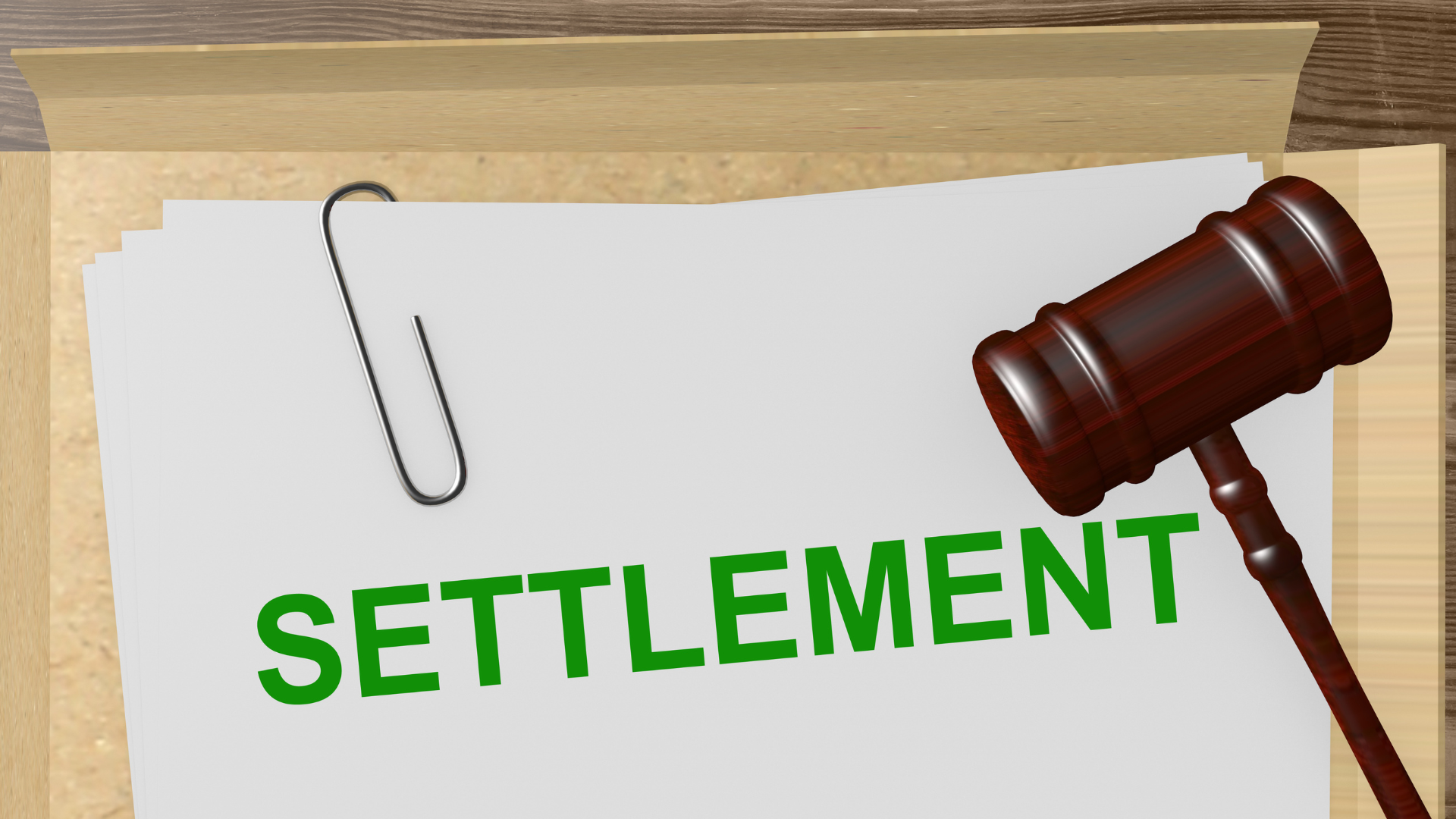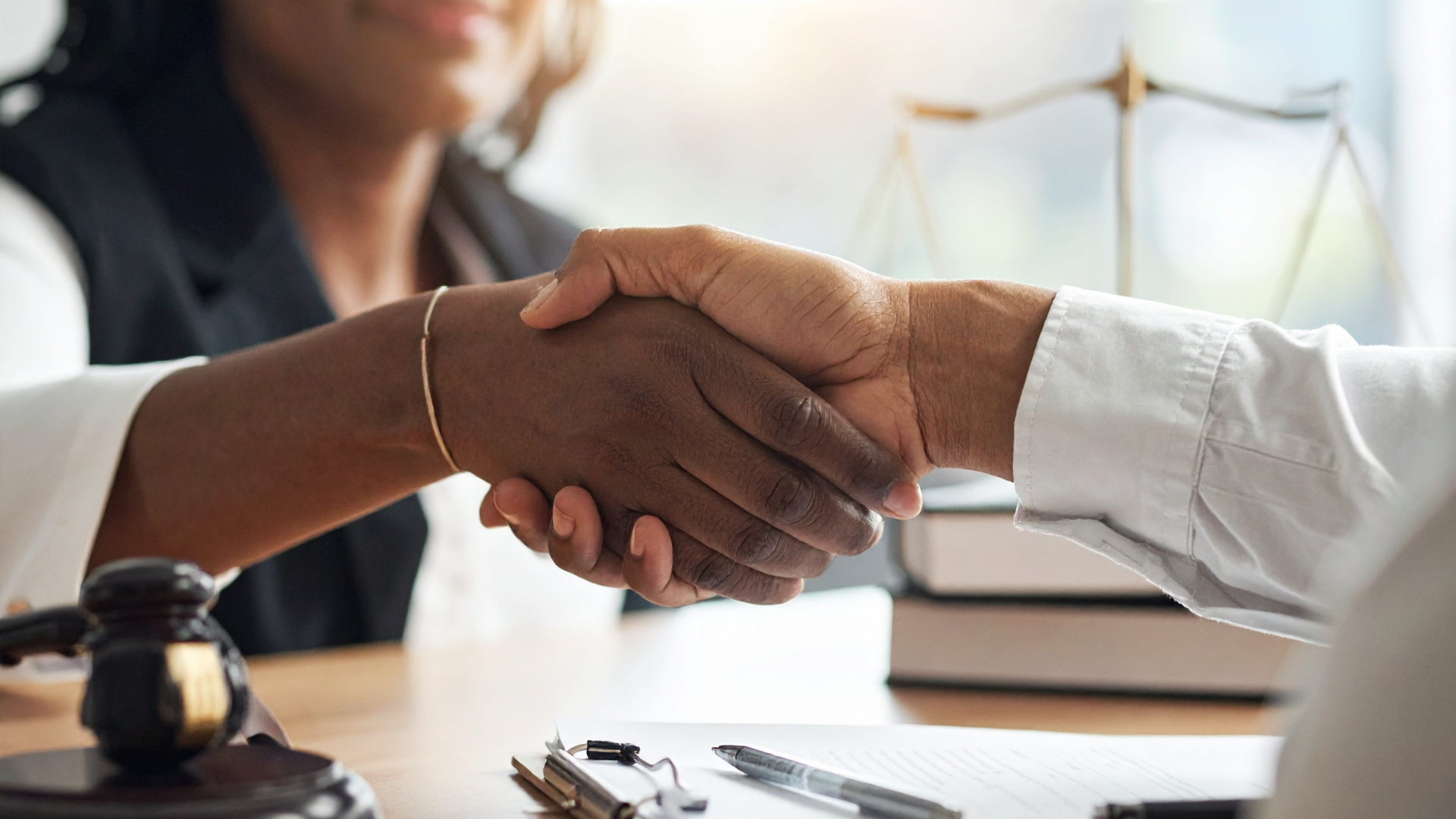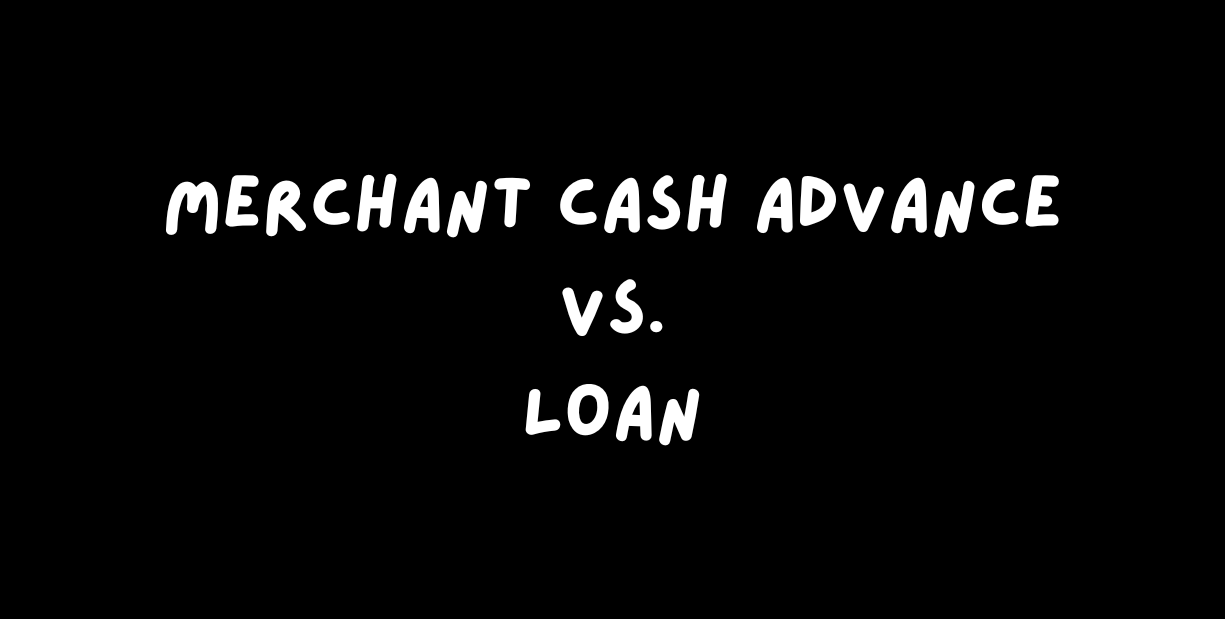What Happens After Filing Chapter 13 Bankruptcy? A Step-by-Step Guide for New York Debtors
What Happens After Filing Chapter 13 Bankruptcy?

In this guide, we’ll walk you through what happens after filing Chapter 13 bankruptcy, including the repayment process, how your debts are restructured, what you can and can’t do during the plan, and how to rebuild your credit after bankruptcy.
What Is Chapter 13 Bankruptcy? A Quick Refresher
Chapter 13 bankruptcy is also known as a “wage earner’s plan.” It allows individuals with regular income to restructure and repay part or all of their debts over three to five years—without losing their home or other vital assets. Unlike Chapter 7, which involves liquidation, Chapter 13 focuses on reorganization.
What Happens Immediately After Filing Chapter 13 Bankruptcy?
1. The Automatic Stay Goes Into Effect
As soon as your attorney files your Chapter 13 petition , the automatic stay begins. This legally prohibits creditors from contacting you or pursuing collection actions, including:- Foreclosures
- Wage garnishments
- Harassing phone calls
- Evictions (in most cases)
The automatic stay gives you immediate breathing room and peace of mind.
2. You’ll Begin Making Plan Payments Within 30 Days
Under the Bankruptcy Code, you’re required to start making payments toward your repayment plan within 30 days of filing, even if the court hasn’t approved it yet. These payments are made to the Chapter 13 trustee, who will later distribute the funds to your creditors based on your confirmed plan.What Happens Over the Next Few Months?
3. You Attend the 341 Meeting of Creditors
Roughly 20 to 40 days after filing, you’ll attend a court-mandated hearing called the 341 meeting, or “meeting of creditors.” Don’t worry—creditors rarely attend. The trustee assigned to your case will ask questions to verify:- The accuracy of your bankruptcy paperwork
- That your income supports the plan
- That you’re acting in good faith
You’ll be under oath, but the process is relatively short—typically 10–15 minutes.
4. The Bankruptcy Court Reviews Your Repayment Plan
After the 341 meeting, the court and your creditors have an opportunity to object to your plan. If there are no major issues, the plan will be confirmed by a judge within 60 to 90 days of filing.If changes are required, your attorney will work with you to amend the plan and address any concerns.
What Happens During the 3- to 5-Year Repayment Plan?
5. You Continue Making Monthly Payments
Every month, you’ll submit your scheduled payment to the bankruptcy trustee. These funds are allocated toward:- Secured debts (like mortgage arrears or car loans)
- Priority debts (like taxes or child support)
- A percentage of your unsecured debts (like credit cards or medical bills)
Missed payments can result in case dismissal, so it’s critical to stay current. If your financial situation changes, your attorney may help you modify your plan.
6. Your Spending Is Monitored, but You Can Still Live Your Life
While your disposable income is committed to your plan, Chapter 13 doesn’t mean living in poverty. You’ll still:- Keep your job
- Pay everyday living expenses
- Retain most assets (including your home, car, and retirement accounts)
However, you generally can’t take on new debt or sell property without court permission.
7. You Complete Required Financial Management Courses
Before receiving a discharge, you must complete a personal financial management course, also called debtor education. This helps prepare you for a healthier financial future post-bankruptcy.What Happens After You Finish Chapter 13 Payments?
8. Your Remaining Qualifying Debt Is Discharged
Once you make your final plan payment and complete all requirements, the court will issue a Chapter 13 discharge, which eliminates any remaining unsecured debt covered under your plan. This typically includes:- Credit card balances
- Medical bills
- Personal loans
Some debts—like student loans, recent taxes, or domestic support obligations—are not dischargeable under Chapter 13.
9. Your Creditors Are Legally Barred from Further Collection
Once your discharge is issued, your creditors cannot legally pursue you for discharged debts. The bankruptcy appears on your credit report for up to 7 years from the filing date, but that doesn’t mean you can’t rebuild your credit.Rebuilding After Chapter 13 Bankruptcy
So, what happens after completing Chapter 13 bankruptcy from a long-term perspective?
10. Your Credit Score May Initially Drop—but Will Improve
Yes, bankruptcy has a negative effect on your credit—but it’s temporary. Many filers see their scores begin to recover within 12 to 24 months post-discharge.11. You Can Start Rebuilding Credit Responsibly
To rebuild credit:- Apply for a secured credit card
- Make on-time payments on current bills
- Monitor your credit report for accuracy
- Keep balances low
Many people who complete Chapter 13 bankruptcy qualify for car loans, rental housing, or even mortgages within 2–3 years, especially with documented steady income.
When Should You Contact a Chapter 13 Bankruptcy Attorney?
Whether you’ve already filed or are just considering your options, an experienced New York bankruptcy attorney is critical. At J Singer Law Group, we:
- Evaluate whether Chapter 13 is your best option
- Protect your home and assets
- Negotiate with creditors
- Guide you through the process from filing to discharge
Frequently Asked Questions About Life After Chapter 13 Bankruptcy
1. Can I keep my home after filing Chapter 13 bankruptcy?
Yes—Chapter 13 is designed to help homeowners avoid foreclosure by repaying arrears through the plan.2. Will all of my debt be discharged after Chapter 13?
No—only certain unsecured debts are eligible. Debts like student loans, recent taxes, and domestic support obligations typically remain.3. Can I get a credit card after Chapter 13 discharge?
Yes. Many issuers offer secured credit cards designed for post-bankruptcy consumers. Using them wisely can help you rebuild your credit.4. What happens if I miss a Chapter 13 payment?
Missing payments could result in your case being dismissed. However, you may be able to modify your plan or request a hardship discharge with your attorney’s help.5. How long will Chapter 13 bankruptcy stay on my credit report?
It typically stays for 7 years from the date of filing, but its impact diminishes over time—especially if you manage your finances responsibly post-discharge. Conclusion: Chapter 13 Is a Fresh Start—Not the End of the Road
Filing Chapter 13 bankruptcy is not a financial death sentence. In fact, for many New Yorkers, it’s a lifeline—a structured way to repay debts, protect assets, and regain control.At J Singer Law Group, we don’t just file paperwork. We help you build a brighter financial future. If you’re wondering what happens after filing Chapter 13 bankruptcy , you don’t have to figure it out alone.
Contact us today for a free consultation and take the first step toward a stronger financial tomorrow.











